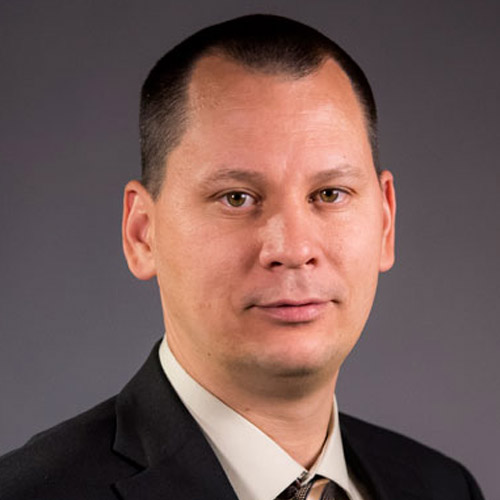Biography
Dr. Bragin received his BS/MS degree in biology/biochemistry from Rostov State University, now Southern Federal University (Russia). He completed his post-graduate work at the Kogan’s Research Institute for Neurocybernetics, where he studied the effects of photodynamic treatment on neurons and defended his Ph.D. in biophysics at the Voronezh State University (Russia). Dr. Bragin has completed short-term research fellowships in photodynamic therapy at the Department of Biochemistry and Biophysics, Vilnius State University (Lithuania), and at the Institute for Laser Technologies in Medicine and Technology, University of Ulm (Germany). Then, he accomplished a postdoctoral fellowship in neurosciences at the Neuroscience Research Center, Charite Medical School, Humboldt University of Berlin (Germany). After that, he joined the University of New Mexico School of Medicine as a postdoctoral fellow researching epilepsy, stroke, and brain trauma. In 2011 he was promoted to a Research Assistant Professor and in 2016 to a Research Associate Professor at the Department of Neurosurgery UNM SOM. In 2019 he joined Lovelace Biomedical Research Institute as an Associate Professor of Translational Neuroscience and Department of Neurology UNM SOM as an Adjunct Associate Professor. Dr. Bragin has been successfully funded by National Institute of Health, Department of Defense and American Heart Association. Currently, he is the PI on NIH RO1 studying hemorheologic modulation of cerebral blood flow for the treatment of traumatic brain injury.
Dr. Bragin is a Fellow of the American Heart Association (Stroke Council) and a member of the American Heart Association, the International Society for Cerebral Blood Flow and Metabolism, the International Society on Oxygen Transport to Tissue, the Society of Photo-Optical Instrumentation Engineers, and the Society of Critical Care Medicine. He has contributed to over 60 scientific publications in peer-reviewed journals, contributed to over 100 presentations at national and international meetings, and received 5 US and Russian patents. Dr. Bragin has served as an Ad Hoc reviewer and an associate editor for numerous journals and grants for DOD CDMRP.
Dr. Bragin is actively involved in pre-clinical and clinical research. He collaborates with his colleagues in the US, Canada, Europe, China and Russia in fields of traumatic brain injury, intracranial hypertension, hemorrhagic shock stroke, intracerebral hemorrhage, Alzheimer's disease and meningeal lymphatic brain clearance.
His research focuses on the circulation and metabolism of the brain after traumatic brain injury, stroke and other cerebrovascular and metabolic disease of the brain. His current research interests include:
· The role of cerebral microvascular shunting in the development of hyperemia, brain edema, tissue ischemia and blood-brain barrier degradation during intracranial hypertension after severe cerebral insults.
· The potential of hemodynamics modulation with drag-reducing molecules for treating acute and chronic cerebral microvascular disorders and ischemia including stroke, traumatic injury, diabetic encephalopathy and other neurodegenerative diseases.
· Non-invasive transcranial direct current, pulsed electromagnetic field and low-level light brain modulation for recovery after acute brain injuries.
Gender
Male

